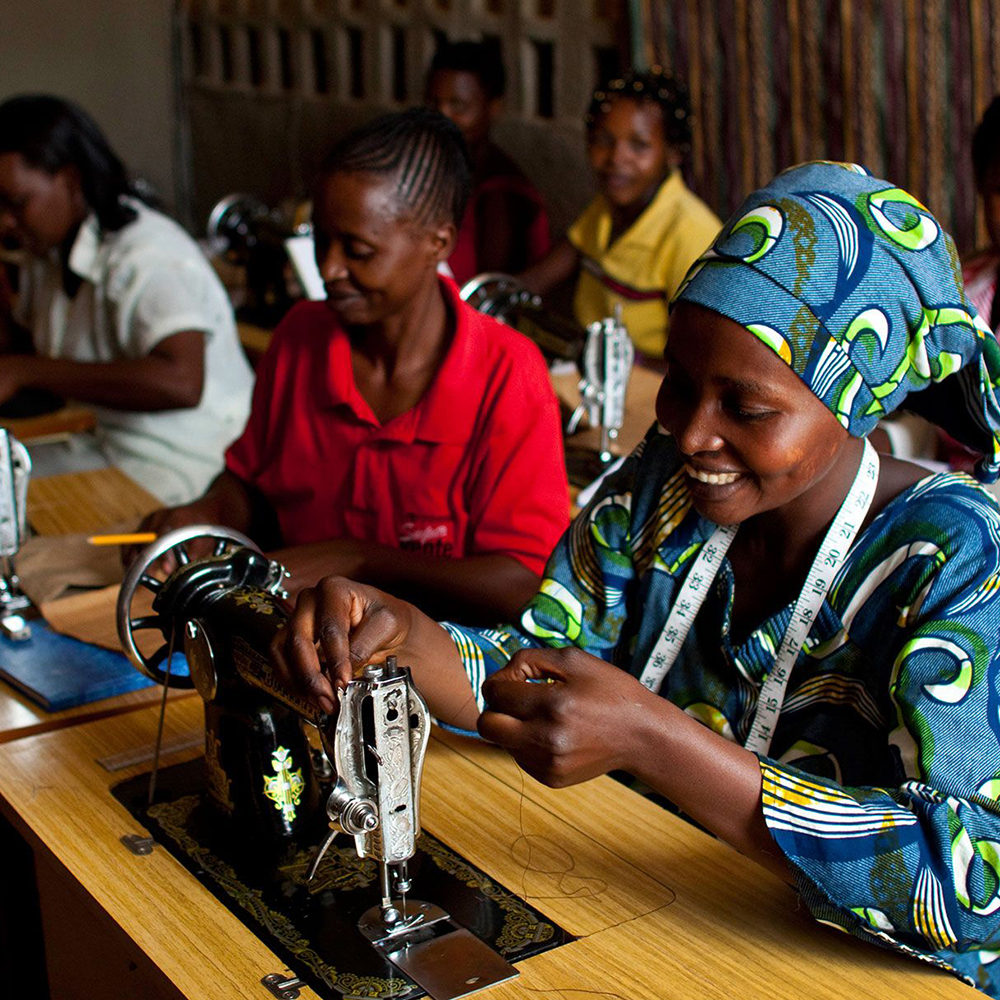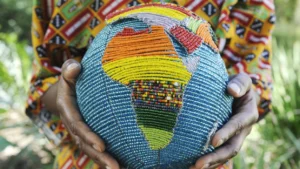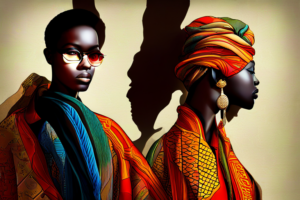In the vibrant tapestry of Africa’s fashion industry, women are emerging as powerful agents of change and progress, using entrepreneurship as a vehicle for empowerment and economic independence. Across the continent, from bustling urban centers to remote rural villages, women are harnessing the transformative potential of fashion to create businesses that not only generate income but also foster community development and social change.
Fashion entrepreneurship offers African women a pathway to economic self-sufficiency and empowerment by providing opportunities for creativity, innovation, and financial autonomy. Many women are leveraging their skills in design, tailoring, and craftsmanship to launch their own fashion enterprises, from small-scale boutiques and tailoring cooperatives to online platforms and fashion startups.
Beyond economic empowerment, fashion entrepreneurship also plays a crucial role in advancing gender equality and social inclusion. By breaking traditional gender roles and stereotypes, women entrepreneurs are challenging patriarchal norms and reshaping perceptions of women’s roles in society. Through their businesses, they are not only providing for their families but also serving as role models and leaders in their communities, inspiring other women and girls to pursue their dreams and aspirations.
Furthermore, fashion entrepreneurship has the potential to drive sustainable development and community empowerment. Women-led fashion businesses create employment opportunities, particularly in sectors with high rates of female unemployment, such as the textile and garment industry. By investing in skills development and capacity-building initiatives, these businesses contribute to poverty reduction and socioeconomic development, lifting entire communities out of poverty.
Moreover, fashion entrepreneurship fosters collaboration and networking among women entrepreneurs, enabling them to share knowledge, resources, and experiences to overcome common challenges and barriers to success. Through mentorship programs, peer support networks, and access to finance and markets, women entrepreneurs can unlock their full potential and thrive in the competitive fashion industry.
In conclusion, empowering African women through fashion entrepreneurship is not only about economic empowerment but also about promoting gender equality, fostering community development, and driving sustainable change. By investing in women’s entrepreneurship and creating an enabling environment for their businesses to thrive, Africa can unlock the untapped potential of its female population and harness the transformative power of fashion for social and economic progress.




